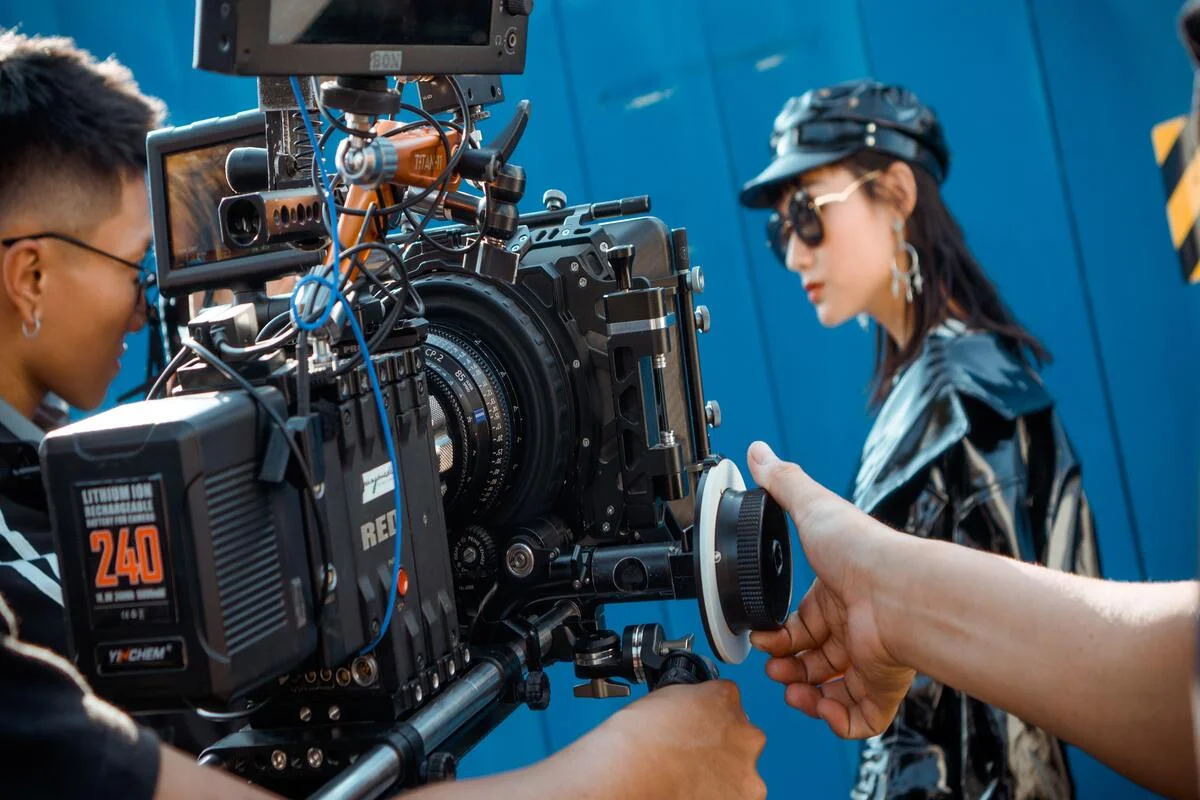In today’s digital age, copyright law plays a crucial role in protecting the rights of creators and ensuring fair use of intellectual property. Whether you are an artist, writer, musician, or content creator, understanding copyright law is essential to safeguard your work and avoid legal issues. In this comprehensive guide, we will delve into the fundamentals of copyright law, including what it is, how it works, and why it matters.
What is Copyright Law?
Copyright law is a legal framework that grants exclusive rights to creators and owners of original works, such as literary, artistic, musical, or dramatic works. These rights include the right to reproduce, distribute, display, perform, and create derivative works based on the original creation. Copyright law aims to balance the interests of creators with the public’s right to access and use creative works.
The Basics of Copyright Protection
Copyright protection is automatic upon the creation of an original work fixed in a tangible medium, such as a book, painting, or recording. However, it is important to note that copyright protection does not extend to ideas, concepts, methods, or facts. To qualify for copyright protection, a work must be original and exhibit a sufficient degree of creativity.
Copyright Infringement
Copyright infringement occurs when someone violates the exclusive rights granted to the copyright owner without permission. This can include reproducing, distributing, performing, or displaying the copyrighted work without authorization. Infringement can lead to legal consequences, including monetary damages and injunctions.
Fair Use Doctrine
One important aspect of copyright law is the fair use doctrine, which allows limited use of copyrighted material without permission from the copyright owner. Fair use is determined by considering factors such as the purpose and character of the use, the nature of the copyrighted work, the amount and substantiality of the portion used, and the effect on the potential market for the original work. It is crucial to understand that fair use is a subjective and fact-specific analysis and can vary depending on the circumstances.
Registering Copyright
Although copyright protection is automatic, registering your work with the United States Copyright Office provides additional legal benefits. Registration creates a public record of your copyright claim and allows you to file a lawsuit for copyright infringement. It is advisable to register your work, especially if you anticipate the need for legal action to protect your rights.
Enforcing Copyright
If you believe your copyright has been infringed, there are several steps you can take to enforce your rights. Begin by documenting the infringement, including gathering evidence of the unauthorized use. You can then send a cease and desist letter to the infringing party, demanding they stop using your copyrighted work. If the infringement persists, you may need to file a lawsuit to seek damages and injunctions.
International Copyright Protection
Copyright protection varies from country to country, and it is important to understand the laws of the countries where your work may be used or distributed. However, there are international treaties and agreements that provide some level of protection for creators across borders. For example, the Berne Convention for the Protection of Literary and Artistic Works ensures that copyright protection exists automatically in member countries.
Key Takeaways:
- Copyright law is crucial for protecting the rights of creators and ensuring fair use of intellectual property.
- Copyright protection is automatic upon the creation of an original work, but registration provides additional legal benefits.
- Copyright infringement can lead to legal consequences, and enforcing copyright requires documenting the infringement and taking appropriate steps.
- Fair use allows limited use of copyrighted material without permission, but it is a subjective analysis.
- International copyright protection varies, but international treaties like the Berne Convention provide some level of protection.
Now that you have a comprehensive understanding of copyright law, you can confidently protect your creative works and navigate the complexities of intellectual property. Remember to register your work for additional legal benefits and take the necessary steps to enforce your copyright if infringement occurs.
If you’re interested in furthering your knowledge of copyright law and the business of entertainment, consider taking the NYU Business of Entertainment online course and certificate program offered by Yellowbrick. This program provides valuable insights into the legal and business aspects of the entertainment industry, including copyright law. Enhance your understanding and open doors to exciting opportunities in the world of entertainment.








